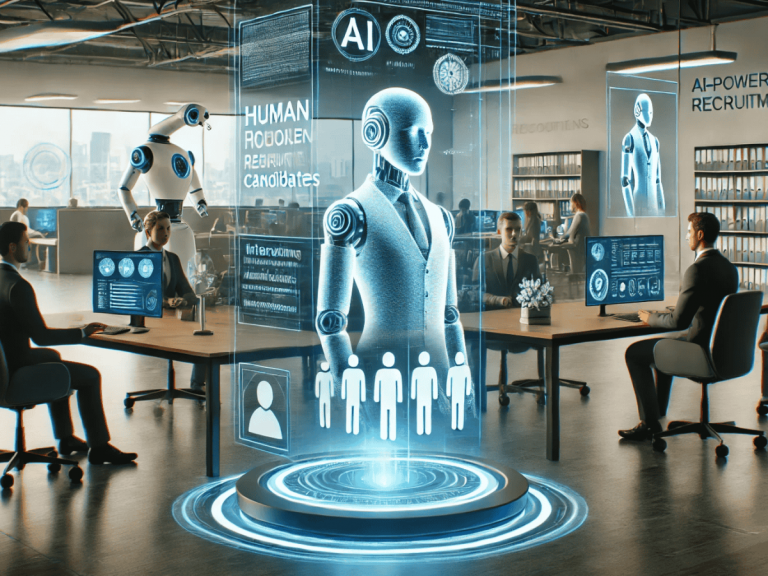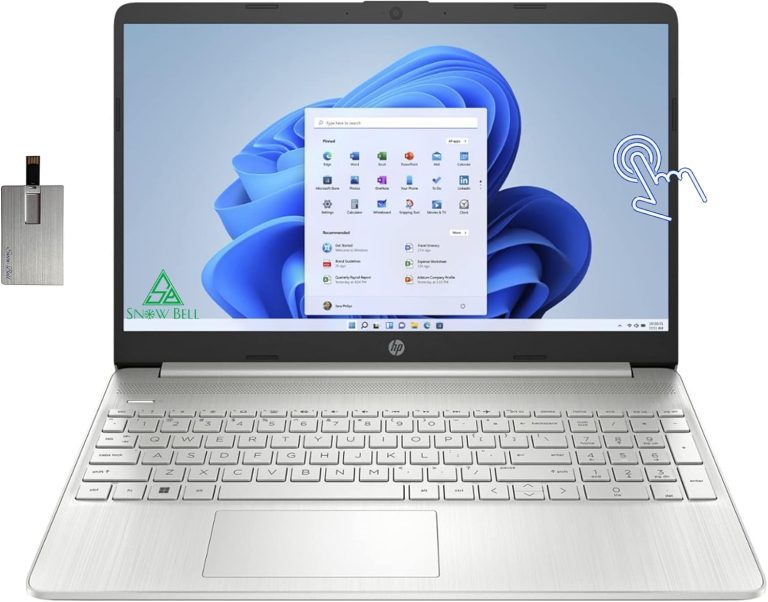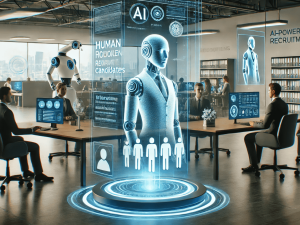Introduction
The modern hiring landscape is undergoing a seismic shift. Traditional recruitment methods, which once relied heavily on manual resume screening, human intuition, and lengthy interview processes, are no longer sufficient for today’s fast-paced business world. Companies now face the dual challenge of filling positions quickly while also ensuring they hire the right people to drive long-term success. This is where AI for Hiring steps in, revolutionizing the way organizations attract, assess, and retain talent.
By leveraging artificial intelligence, businesses can reduce biases, enhance efficiency, and improve decision-making, ultimately leading to stronger teams and more successful outcomes. This article explores how AI for Hiring is changing recruitment processes, the benefits it offers, and why it is becoming an indispensable tool for forward-thinking companies.
The Rise of AI for Hiring
From Traditional Recruitment to Intelligent Automation
Traditional hiring often involved recruiters manually sifting through hundreds or even thousands of resumes. This process was not only time-consuming but also prone to human error and unconscious bias. In contrast, AI for Hiring automates many of these tasks, such as screening resumes, ranking candidates, and even conducting preliminary interviews.
Recruiters can now focus on building stronger relationships with top candidates, while AI ensures no qualified applicant is overlooked due to manual inefficiencies.
Growing Demand for Smarter Hiring Solutions
In competitive industries, finding the right talent can make or break a company. Businesses across technology, healthcare, finance, and manufacturing are turning to AI for Hiring to stay ahead. The demand is driven by the need to reduce time-to-hire, enhance candidate quality, and improve overall efficiency in recruitment pipelines.
How AI for Hiring Works
Intelligent Resume Screening
One of the most impactful applications of AI for Hiring is automated resume screening. AI algorithms scan resumes for skills, experience, and qualifications that align with job descriptions. Unlike human recruiters, AI can analyze thousands of applications in minutes, ensuring faster shortlisting of candidates.
Predictive Analytics
AI for Hiring leverages predictive analytics to assess which candidates are most likely to succeed in a given role. By analyzing historical hiring data, employee performance metrics, and industry benchmarks, AI can provide recruiters with data-backed insights into candidate suitability.
Natural Language Processing (NLP)
Through NLP, AI for Hiring systems can understand and evaluate candidate responses in applications, cover letters, and even video interviews. This technology allows AI to assess communication skills, cultural fit, and overall personality traits that might otherwise be difficult to measure objectively.
Chatbots and Candidate Engagement
AI-powered chatbots play an essential role in keeping candidates engaged. These chatbots can answer common questions, schedule interviews, and provide updates about application status. By improving communication, AI for Hiring enhances the overall candidate experience.
Benefits of AI for Hiring
Increased Efficiency
One of the most significant advantages of AI for Hiring is efficiency. Recruiters no longer need to waste valuable time on repetitive administrative tasks. Instead, they can focus on strategic activities like building relationships with top candidates and aligning recruitment strategies with business goals.
Reduced Bias
Bias in hiring has long been a concern. Whether intentional or unconscious, human biases can affect hiring decisions and reduce diversity in the workplace. AI for Hiring reduces bias by focusing on data-driven insights rather than subjective opinions, thereby helping companies create more diverse and inclusive teams.
Better Quality of Hires
By analyzing large sets of data, AI for Hiring ensures that only candidates with the right skills and potential move forward in the recruitment process. This leads to higher-quality hires, improved employee performance, and reduced turnover rates.
Cost Savings
Recruitment costs can quickly add up, especially when positions remain unfilled for extended periods. AI for Hiring reduces time-to-hire, which in turn lowers costs associated with prolonged vacancies and inefficient processes.
Enhanced Candidate Experience
In today’s competitive job market, candidate experience is critical. AI for Hiring ensures candidates receive timely communication, faster responses, and a smoother application process, leaving them with a positive impression of the company.
AI for Hiring in Practice
Case Studies of Successful Implementation
- Tech Industry: Large tech firms use AI for Hiring to screen software engineers worldwide, analyzing coding test results, resumes, and even GitHub contributions. This ensures only the most capable candidates reach the final interview stage.
- Healthcare: Hospitals and clinics use AI for Hiring to quickly match nurses and doctors with job openings, reducing time-to-hire during critical staffing shortages.
- Finance: Banks rely on predictive analytics within AI for Hiring to identify candidates with strong analytical and problem-solving skills who can thrive in high-pressure environments.
Tools and Platforms Driving Adoption
Several platforms integrate AI for Hiring solutions, offering features like predictive analytics, chatbot assistance, and automated scheduling. These platforms are increasingly becoming part of standard recruitment technology stacks.
Addressing Concerns About AI for Hiring
Over-Reliance on Algorithms
While AI for Hiring is powerful, it should not replace human judgment entirely. Recruiters must still play a vital role in evaluating cultural fit, emotional intelligence, and leadership potential. AI should complement—not replace—human decision-making.
Data Privacy
With the use of AI comes the responsibility to handle candidate data ethically. Companies must ensure compliance with data protection laws and be transparent with candidates about how their information is being used.
Continuous Improvement
AI systems learn and improve over time. Organizations adopting AI for Hiring must regularly review and refine their algorithms to ensure accuracy, fairness, and compliance with evolving regulations.
The Future of AI for Hiring
Hyper-Personalized Recruitment
The future of AI for Hiring lies in personalization. Instead of relying on generic processes, AI will tailor recruitment strategies to each candidate, providing customized job recommendations, interview experiences, and career path insights.
Integration with Other Business Functions
AI for Hiring will not remain isolated within HR departments. It will increasingly integrate with performance management, learning and development, and succession planning, creating a holistic talent ecosystem.
Global Impact
As more organizations worldwide adopt AI for Hiring, we will likely see a global standardization of recruitment processes, ensuring fairer, faster, and more efficient hiring practices across industries.
Why Companies Cannot Ignore AI for Hiring
In a world where competition for top talent is fierce, companies that fail to adopt AI for Hiring risk falling behind. Organizations that embrace this technology gain access to richer insights, faster hiring cycles, and stronger teams—all critical elements for long-term success.
Conclusion
AI for Hiring is not just a passing trend; it is a transformative force shaping the future of recruitment. By automating repetitive tasks, reducing biases, and improving candidate quality, AI is helping organizations build stronger and more diverse teams. As technology continues to advance, the role of AI for Hiring will only become more prominent, offering businesses an unparalleled opportunity to stay ahead in the competitive world of talent acquisition.





